I was wondering if there is a more efficient way than scrolling up every command history to find what I need, such as searching for specific characters in a command when writing in the PostgreSQL server. I am running iTerm in macOS and I know this can be done using Control + R but this does not work when I am writing in the PostgreSQL server. Are there any ways around this?
For example, as I am frequently working with the Apache AGE extension, I will always need to SET the search path and LOAD the extension manually each time the PostgreSQL server is started. I know that the search path can be defined permanently using commands and that the postgresql.conf file can be modified as well, but I just want to know if I can search for specific characters in my command history.
By writing in the PostgreSQL server, I mean when writing in SQL query after running the bin/psql command:
➜ pgsql-12 bin/psql --port=5431 test1
psql (12.14)
Type "help" for help.
test1=#
